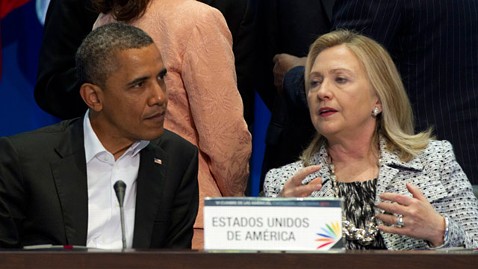LISBON: Bailed-out Portugal's lawmakers gave final approval Tuesday to a 2013 budget imposing an unprecedented austerity squeeze even as protesters massed outside.
The budget, aimed at saving 5.3 billion euros ($6.9 billion), passed easily with the support of the centre-right government, which has an absolute majority.
The government says the plan, which relies on higher taxes for 80 percent of the savings, is vital to Portugal's recovery.
"The state budget for 2013 is a determined step on the road to recovery," Finance Minister Vitor Gaspar said. But "the risks and uncertainties surrounding the 2013 budget year are great."
Delivering a rare dose of good news, Gaspar said Portugal would enjoy easier bailout repayment conditions.
Portugal and Ireland had the right to the same conditions as Athens, which won lower interest rates and longer repayment terms in a deal struck in the early hours of the morning to avert a Greek bankruptcy, he said.
Portugal's new budget stipulates a broad rise in income tax to 14.5 percent for the most vulnerable and 48 percent for the most wealthy. It also reduces the number of tax brackets from eight to five, with the tax rate in each band raised by 3.5 percentage points.
Unemployment benefits are sliced by five percent and sickness payments by six percent.
"We have to finish with this policy before it finishes with us!" declared one banner unfurled at a rally outside parliament called by the main union, the General Federation of Portuguese Workers.
Protesters aimed their fire at the "troika" of creditors behind Portugal's 78 billion euro ($101 billion) bailout: the International Monetary Fund, European Union and European Central Bank.
"We say no to the troika and its policies!" said one banner carried by activists, while others declared: "It's robbery, it is the people who pay!" and "Salaries frozen, future mortgaged!"
The tight-fisted budget has sparked multiple street protests including one on November 14 that degenerated into clashes between baton-wielding police and stone-throwing demonstrators.
The main opposition Socialist Party has opposed the budget, saying the austerity policies are "exaggerated", even though it was in power when Lisbon sought the rescue in May 2011.
While recognising the enormous sacrifices by his compatriots, Prime Minister Pedro Passos Coelho says austerity policies are the only path to economic recovery.
With its draconian budget, the government expects to trim the annual budget deficit to the equivalent of 4.5 percent of gross domestic product next year from a target of 5.0 percent in 2012.
The budget-trimming efforts come as the economy is expected to shrink three percent in 2012, with a jobless rate already nearing 16 percent.
Slumping in the polls, Passos Coelho said on the eve of the parliamentary vote that he has "no problem facing up to unpopularity".
"The government must know how to go against the current," the premier said, adding that he would rather "guarantee the future of Portugal than receive applause".
The Portuguese leader has won significant international support for the budget.
On a visit two weeks ago, German Chancellor Angela Merkel, seen as a symbol of budgetary rigour, encouraged him along the path.
One week later, the troika of creditors unlocked a sixth instalment from the bailout, satisfied that Lisbon was abiding by their strict conditions.
Passos Coelho says he plans to save another four billion euros over two years through a "reform of the state" to be presented to the troika in February 2013.
-AFP/ac
















